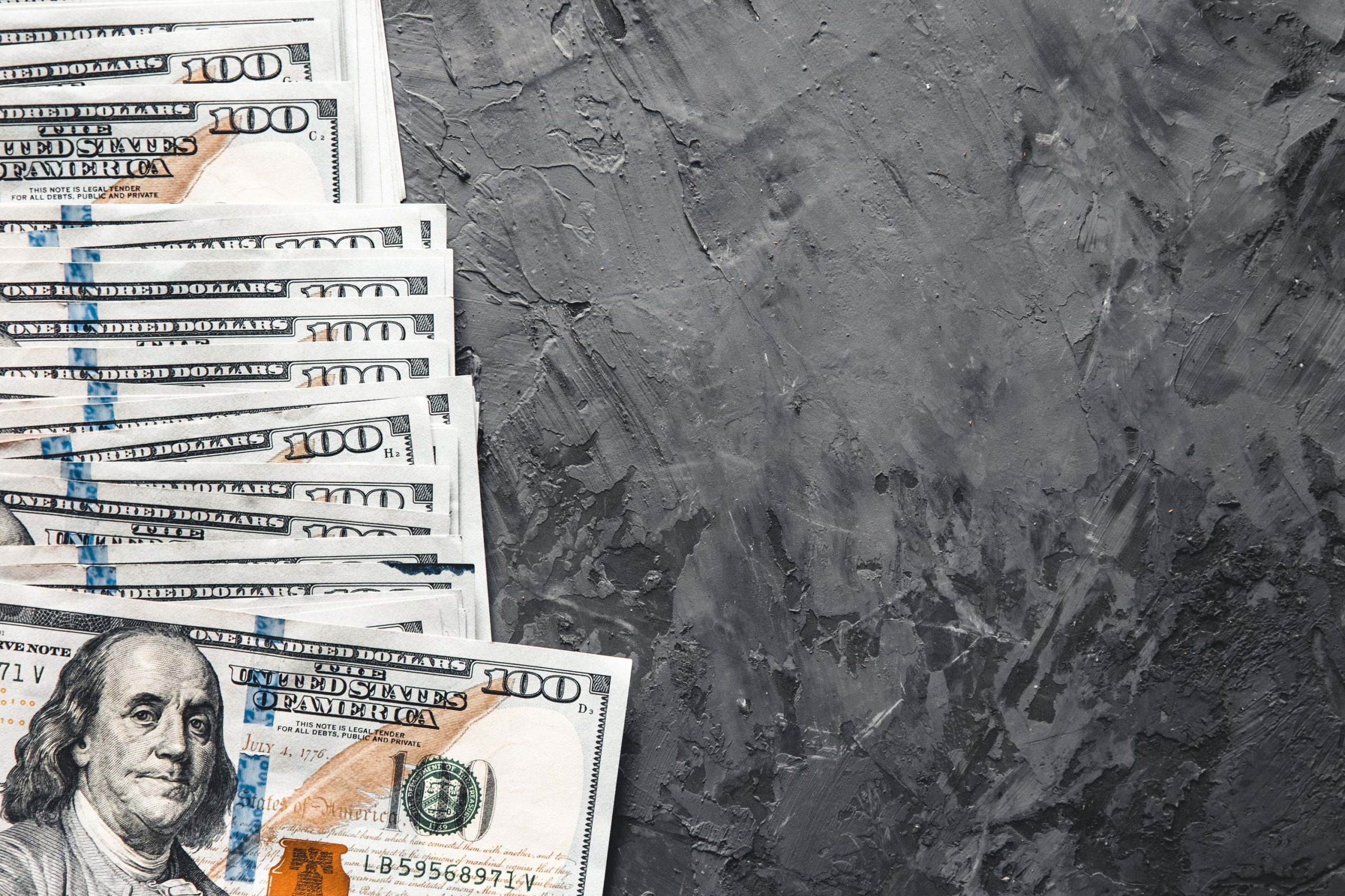As per Mickey Elfenbein, wouldn’t it be ideal if we could build retirement funds knowing that absolutely nothing will go wrong over the years? Unfortunately, we don’t have this luxury, and the COVID-19 pandemic is another example of how forces outside of our control can severely impact our retirement. Some people have been forced into early withdrawal, but it’s essential to understand the ramifications of this decision (including future shortfalls and tax bills).
Wherever possible, we recommend looking for alternative solutions. For example, some have been able to sell unwanted possessions, cut down on the luxury expenses, ask for concessions on payments, reduce or stop retirement contributions temporarily, seek grants or other government help, or dip into additional non-retirement savings.
According to Mickey Elfenbein, if you don’t have any other option but to use retirement funds, proceed with caution, and make smart decisions. For example, those unlikely to pay the money back should take from a Roth IRA. If you do plan on paying the money back, take advantage of the new coronavirus hardship withdrawal.
Here are some of your options during these difficult times explained by Mickey Elfenbein:
Coronavirus Hardship Withdrawal
Recently, the government released a stimulus package, which included an option to take $100,000 from an IRA or 401k. With no mandatory withholding or penalty, even the taxes that result from the withdrawal come with increased time to pay. If necessary, we can spread the tax over 2020, 2021, and 2022 returns. As long as you pay the amount back within three years, any taxes paid can also be refunded.
Are you eligible for the withdrawal? It depends on whether yourself, dependent, or spouse has received a positive diagnosis of the COVID-19 disease. Additionally, eligibility extends to those who are quarantined, furloughed, or have been laid off or had work hours reduced according to Mickey Elfenbein. Also, the list includes:
• People without childcare who are prevented from working
• Anybody experiencing financial complications as a direct result of the disease
• Business owners who have been forced into reducing operating hours (or closing completely)
Borrow from 401k
Up to a value of $100,000, it’s now possible to borrow 100% of your balance (previously limited to 50%). Thanks to the stimulus package, we can delay payments owed in 2020 and then repay over five years from 2021.
Roth Withdrawals
If you want to avoid all penalties and taxes, one option is to withdraw Roth contributions. In case you didn’t know, penalties and taxes only apply once you take investment earnings. For those who have switched to a Roth IRA, a penalty will only occur if you switch within the last five years.
Short-Term IRA Loan
If you have a temporary cash crisis, you may be saved by the 60-day rule. While waiting for a tax refund or other help, you can avoid a penalty and tax by taking money from your Roth IRA, regular IRA, or rollover IRA as long as you put it back within 60 days. Remember, IRA holders are restricted to doing this once per year.
IRA Withdrawal
Not everybody will qualify for a coronavirus hardship withdrawal, and this means that we’re seeing many people turn to an IRA withdrawal. Available for rollover and traditional IRAs, tax is applied, and penalties apply to those younger than 59-and-a-half years.
Hardship Withdrawal
Just because you don’t qualify for a coronavirus hardship withdrawal doesn’t mean the option is closed off completely. As long as you can prove a financial need, a standard hardship withdrawal may be available for your workplace retirement plan (such as a 401k). A financial need may include tuition, medical expenses, funeral expenses, home purchase, or foreclosure/eviction prevention. This withdrawal will be subject to a mandatory 20% withholding, tax, and a 10% early withdrawal penalty.
Since every one of these options comes with an abundance of fine print and caveats, we recommend talking with the HR department at your work (or a finance professional). If you plan on paying any debt such as credit cards or medical bills, we also advise conversing with a bankruptcy attorney. Since there’s a protection for retirement money from creditors, it doesn’t make sense to empty your retirement funds if you’ll end up in bankruptcy court regardless (there might be another solution).

